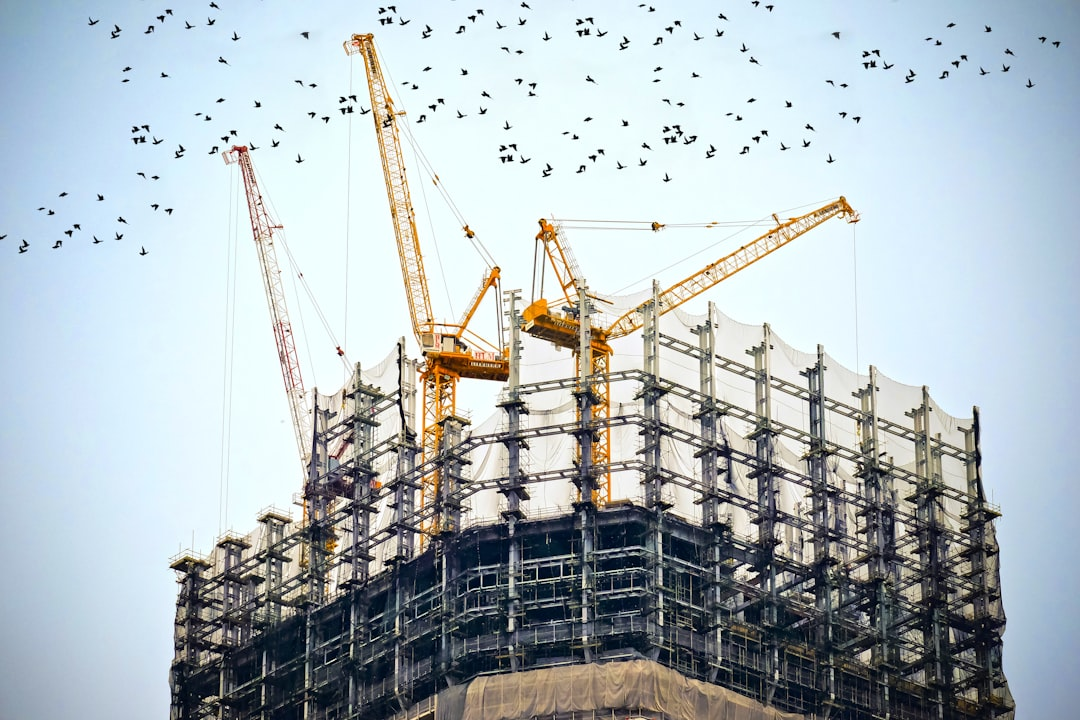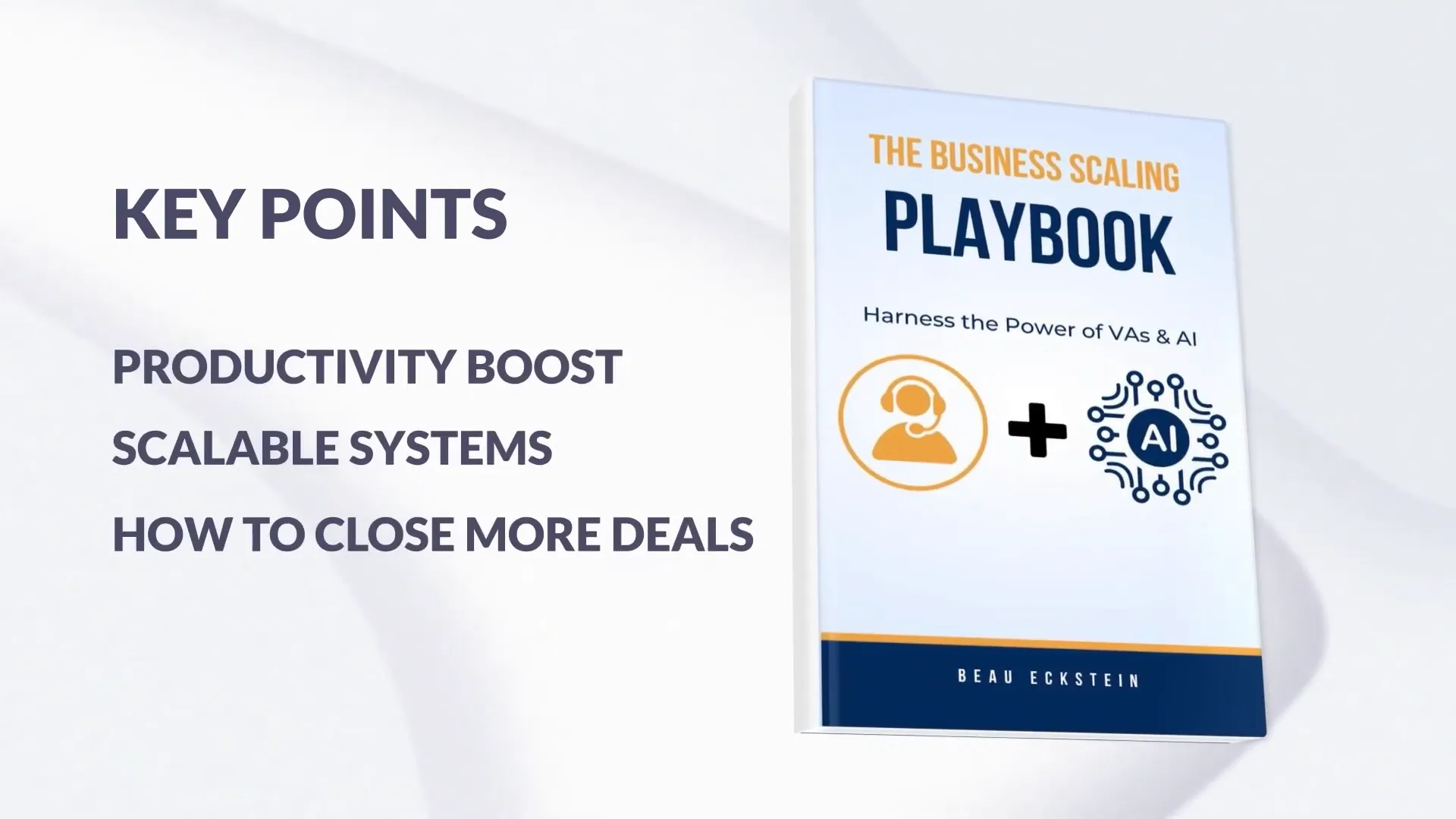When you’re embarking on a new construction project, especially within the franchise world or other commercial real estate ventures, one of the biggest hurdles is securing funding before your plans and permits are officially approved. I’m Beau Eckstein, a Business Ownership Coach and seasoned commercial mortgage advisor, here to guide you through how to bridge that critical funding gap so you can move forward with confidence without draining your cash reserves.
In this comprehensive guide, I’ll walk you through the process of securing financing before permits are approved, explain how bridge loans work in tandem with SBA loans, and share practical strategies that have helped my clients successfully fund their projects. Whether you’re investing in a restaurant franchise, a gym, or other commercial real estate where you’ll operate your business, this article will give you clarity on structuring your financing efficiently.

Photo by Artful Homes on Unsplash
Understanding the Challenge: Why SBA Loans Can’t Fund Before Permits
One of the first questions I often get is: “Can I get funding for my construction project before my plans and permits are approved?” The straightforward answer is no when it comes to SBA financing. The Small Business Administration (SBA) requires that your construction plans and permits be approved before they will fund your loan.
Why is this the case? SBA loans are designed to be lower risk and more structured, which means they need to see that your project has met key milestones, like securing permits, before releasing funds. This causes a timing challenge because, in most real estate deals, the seller wants to close the sale quickly—often today—while your permits and plans might take nine months to a year or longer to get approved.
This disconnect in timing can leave you stuck between controlling the land and having the financing to begin your construction. If you’re investing in a franchise model, this scenario is even more common, but it also applies to non-franchise developments where you plan to build out the property yourself.

Bridge Loans: The Key to Funding Before Permits
The financing solution that I’ve seen work best for my clients is the use of a bridge loan. Some of the bank partners I collaborate with offer bridge loans that fund for 12 to 18 months, covering the period before your plans and permits are approved.
This bridge loan allows you to secure the land and start your project timeline without having to wait for SBA approval. Once your plans are approved, the SBA loan kicks in to take over the construction financing.
In some cases, the bridge loan remains in place as a “friendly second” lien, meaning it acts as a secondary loan that works alongside your SBA loan. How this is structured depends on the specifics of your project and your financing needs. Flexibility is key, and these structures can be customized to fit your scenario.
Transitioning to SBA 7(a) or SBA 504 Loans for Long-Term Financing
Once your project reaches the permit approval stage, the SBA financing comes into play. Most commonly, this will be through either the SBA 7(a) loan program or the SBA 504 loan program.
The SBA 7(a) loan is capped at $5 million, but with certain paired structures, you can sometimes exceed that limit. For larger projects, the SBA 504 loan can provide financing up to $20-22 million for solid deals, which is ideal for bigger commercial developments.
This transition from a bridge loan to SBA financing ensures you have the long-term capital needed to complete your construction and stabilize your business operations, all while minimizing upfront cash outlay.
Down Payments and Construction Reserves: What to Expect
Even with bridge loans and SBA financing, you’ll generally need to put down a certain percentage of the land acquisition cost upfront. This down payment is typically between 10 to 20 percent, depending on the lender and your financial profile.
Once your plans are approved, the bulk of the construction proceeds will come in, including the construction reserve—a portion of funds set aside to cover ongoing construction costs and contingencies.
This staged funding approach allows you to control your cash flow carefully and avoid having to front-load large sums of money before your project is ready to move forward.
Real-World Use Cases: Beyond Restaurants to Gyms and Commercial Spaces
This financing structure isn’t limited to restaurant franchises alone. I’ve helped clients across a variety of commercial real estate projects, including gyms, retail spaces, and other business operations where they’re developing the land themselves.
The key takeaway is that controlling the land early, even before permits are in hand, is crucial to securing your spot and moving your project forward. With the right bridge loan strategy and SBA financing plan, you can do this without overextending your cash reserves.
This approach has become increasingly popular as real estate development timelines lengthen and the need for flexible financing solutions grows.
How to Get Started: Expert Guidance and One-Call Solutions
If you’re feeling overwhelmed by the financing structure and wondering how to piece it all together, I’m here to help. Simply visit bookwithbeau.com to schedule a call with me. I specialize in SBA 7(a), SBA 504, and USDA BNI loans and can help you structure the bridge loan portion as well.
With one call, we can assess your project, outline your financing options, and create a plan tailored to your unique needs. This holistic approach means you don’t have to juggle multiple lenders or try to figure out complex loan structures on your own.
Boost Your Business Efficiency with Virtual Assistants and AI
Beyond financing, scaling your business efficiently is critical. I’ve put together an exclusive free eBook that shows you how to supercharge your productivity, build scalable systems, and close more deals using virtual assistants (VAs) and artificial intelligence (AI).
In my own business, leveraging VAs has allowed me to maintain a full calendar of qualified appointments and focus on growth rather than getting bogged down in administrative tasks. If you want to replicate this success, my eBook offers proven strategies that can help you build a high-performing team that runs like a well-oiled machine.
To get your free copy, visit bizscalingplaybook.com and unlock the secrets to growing your business faster than ever before.

Conclusion: Take Control of Your Construction Project Financing Today
Securing funding before your plans and permits are approved doesn’t have to be a roadblock. By understanding the timing constraints of SBA loans and leveraging bridge loans effectively, you can control your land acquisition, manage cash flow, and transition smoothly into long-term SBA financing.
Whether you’re developing a restaurant franchise, a gym, or any other commercial real estate project, this financing strategy is proven, practical, and increasingly common. With expert guidance, you can avoid costly delays and keep your project moving forward without draining your cash reserves upfront.
Remember, the key is to plan your financing in stages—starting with a bridge loan to cover the permit approval period and then transitioning into SBA 7(a) or 504 loans for construction and long-term business growth.
Ready to get started? Visit bookwithbeau.com to schedule your consultation and take the first step toward securing your project’s funding today. And don’t forget to grab my free eBook at bizscalingplaybook.com to learn how to scale your business with virtual assistants and AI.
If you want to stay updated with more expert insights on financing and business ownership, be sure to subscribe to the Investor Financing Podcast and join our community of entrepreneurs building successful businesses.



